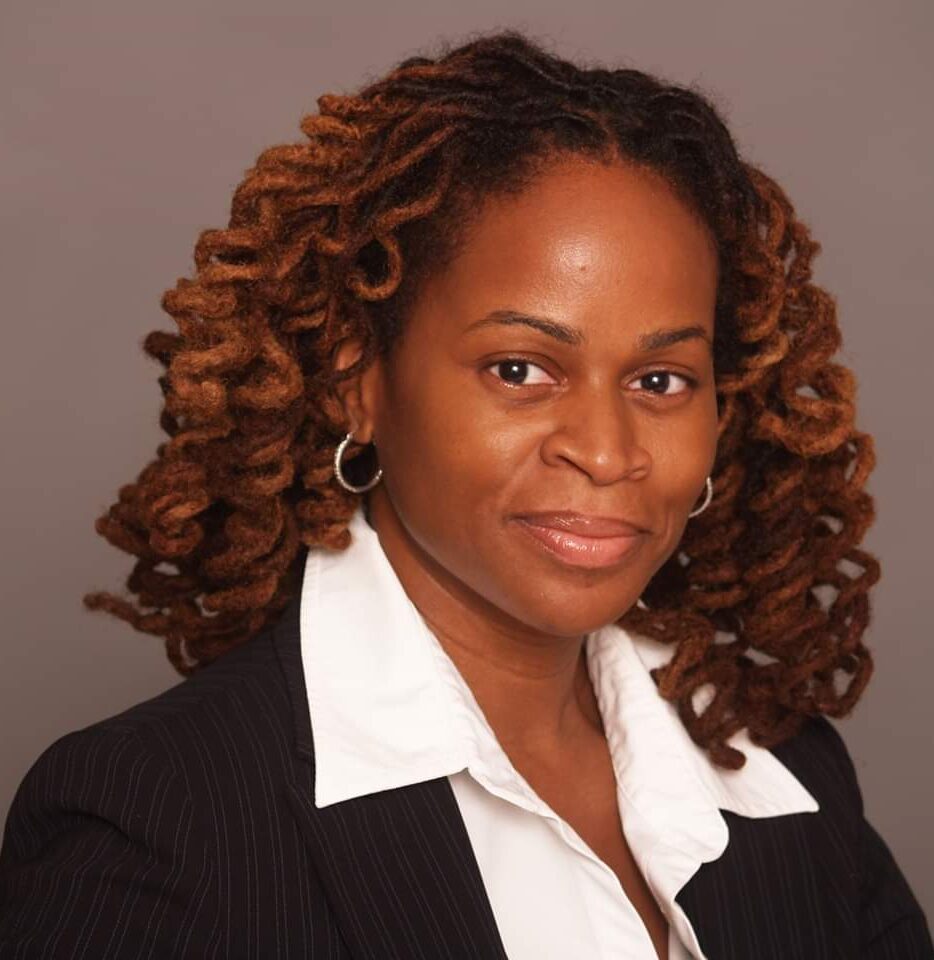Therapists in Newark, NJ and Nearby Locations
Find a therapist in Newark, New Jersey that meets your needs. Browse our comprehensive list of affordable and licensed therapists in Newark to find a professional specializing in counseling people with stress, anxiety, depression, relationship issues, grief, anger management, and more. Our therapists include professionals trained in clinical mental health counseling and have the qualifications and educational backgrounds to support a variety of mental health challenges. Additionally, some offer family therapy and relationship counseling as part of their range of therapeutic approaches to address emotional challenges and improve relationships within couples and families.
We may receive fees from the providers listed below. See our full disclaimer.
Finding Newark, NJ Therapists
Finding a therapist, counselor, or psychologist in Newark can be a long and difficult process. As you start to search for a Newark mental health professional, it’s a good idea to educate yourself on counseling services so you’ll be better prepared to know what to look for.
Mental Health Services
Mental health services are for individuals, couples, and families to manage various mental health issues. These services can address anxiety, depression, trauma, addiction, eating disorders, personality disorders, and relationship problems.
Mental health professionals, including licensed therapists, counselors, and psychologists, provide these services. They have the training and expertise to help clients work through their mental health concerns and live a better life. Whether you’re dealing with stress, self-esteem issues, or more serious mental health conditions, seeking help from a mental health therapist in Newark, NJ can be a big step towards a happy life.
What are Mental Health Issues?
Mental health issues are a variety of conditions that affect an individual’s emotional, behavioral, and cognitive functioning. These issues can come from a combination of genetic, environmental, and social factors and can impact daily life, relationships, and overall health. Common mental health issues are anxiety disorders, mood disorders, personality disorders, and trauma-related disorders. Understanding and working through these issues with a mental health professional can lead to better management and a better life.
Types of Therapists and Counselors
There are many kinds of therapists and counselors who provide mental health services each with their own qualifications and areas of expertise. Knowing the different kinds of mental health professionals can help you find the right support for your needs.
Licensed Clinical Social Workers (LCSWs) are trained to provide comprehensive mental health services including assessment, diagnosis, and treatment of mental health conditions. They work in private practices, hospitals, clinics, and community organizations. Other kinds of therapists are Licensed Professional Counselors (LPCs), Licensed Marriage and Family Therapists (LMFTs), and Psychologists (Ph.D. or Psy.D.). Each of these professionals brings specialized knowledge and skills to help individuals manage their mental health.
Session Types
When seeking mental health services, consider the different types of therapy sessions. Both in-person and online therapy sessions each have unique benefits, and understanding these can help you decide between the two.
In-Person Sessions
In-person therapy is meeting with a therapist in their office or clinic, face to face. Many find this helpful for building a personal connection. This is good for those who the intimacy of prefer in-person communication.
Online Sessions
On the other hand, online therapy is meeting with a therapist via video conferencing or phone. This is great for those with busy schedules or living in remote areas. Newark therapists listed in our directory who offer online sessions are licensed to provide counseling services in New Jersey even if they don’t live in the state.
Cost of Therapy
The cost of therapy varies based on the therapist’s credentials, location, and if they accept insurance. On average, a session can cost between $100-$200. Some therapists offer sliding scale fees or accept insurance so therapy can be more affordable. Most online therapy platforms offer subscription plans that cost between $250-$400 a month which is a bit less than working directly with a Newark therapist in person or online.
Having a basic background on your options when selecting a professional counselor in Newark can help you maximize your chances of choosing a suitable provider for your needs. We hope the information presented here proves helpful in your journey to better mental health.
- Bayonne
- Bloomfield
- Brick
- Camden
- Cherry Hill
- Clifton
- East Brunswick
- East Orange
- Edison
- Elizabeth
- Franklin Township
- Gloucester City
- Hamilton Township
- Hoboken
- Irvington
- Jackson
- Jersey City
- Lakewood
- Middletown
- New Brunswick























